Iran envoy: No IAEA access to new nuclear site in Isfahan before conclusion of JCPOA revival talks
Iran’s ambassador to international organizations based in Vienna says the International Atomic Energy Agency (IAEA) will have no access to the country’s new nuclear site in the central city of Isfahan before the ongoing talks on the removal of US sanctions and revival of the 2015 Iran nuclear deal reach a definitive result.
Mohammad Reza Ghaebi made the remarks while speaking to reporters on Monday after the IAEA announced earlier the same day that Iran has informed the world body that it would move the production of centrifuge rotor tubes and bellows from TESA Karaj Complex to Isfahan.
He said the process "has not started yet," adding, "The IAEA will be able to adjust its surveillance rules accordingly, although the information gathered through that surveillance process will remain in Iran and the IAEA will not have access to it until Tehran resumes its nuclear commitments under the JCPOA," referring to the 2015 nuclear deal, officially known as the Joint Comprehensive Plan of Action.
The Iranian diplomat emphasized that the IAEA's Monday report was a routine update issued by the Agency, which provides the "latest technical information on Iran's nuclear activities to its members."
In its Monday statement, the UN nuclear agency said its inspectors had installed surveillance cameras in a new workshop in Isfahan on January 24 to ensure the machines intended for the production of centrifuge rotor tubes and bellows were under monitoring but the production of the parts there had not started then.
The UN nuclear agency noted that the production of centrifuge rotor tubes and bellows at TESA Karaj Complex has been ceased.
Back in December, Spokesman for the Atomic Energy Organization of Iran (AEOI) Behrouz Kamalvandi said that the country had allowed the IAEA to reinstall its surveillance cameras at TESA Karaj Complex only after the UN nuclear watchdog met Tehran’s preconditions.
Kamalvandi explained that Iran’s preconditions included technical and security examination of the new IAEA cameras, judicial and security investigations into the dimensions of the June attack against the facility, which damaged the previous cameras, and also the IAEA’s condemnation of such acts of sabotage.
Back in September, Iran refused to allow the United Nations' nuclear agency access to a number of cameras that had been damaged during a terrorist operation targeting the TESA Karaj Complex, a centrifuge component manufacturing workshop in north-central Iran. The Islamic Republic's refusal was based on the fact that the country needed to complete some legal-security investigations into the incident.
Iran’s retaliatory attack completely destroys sophisticated US radar system in Qatar
US-Israeli aggression violates UN Charter; Iran will defend homeland: Foreign Ministry
US-Israeli 'regime change' project in Iran 'impossible mission': FM Araghchi
IRGC Navy pounds US MST ship with a volley of missiles after Israeli-US aggression
Iran’s retaliatory attacks will continue uninterruptedly: Senior commander
Saudi Arabia lobbied for UAE sanctions: Trump
IRGC launches missile, drone strikes against Israel in response to US-Israeli aggression
IRGC pounds US bases across West Asia following unprovoked US, Israeli aggression


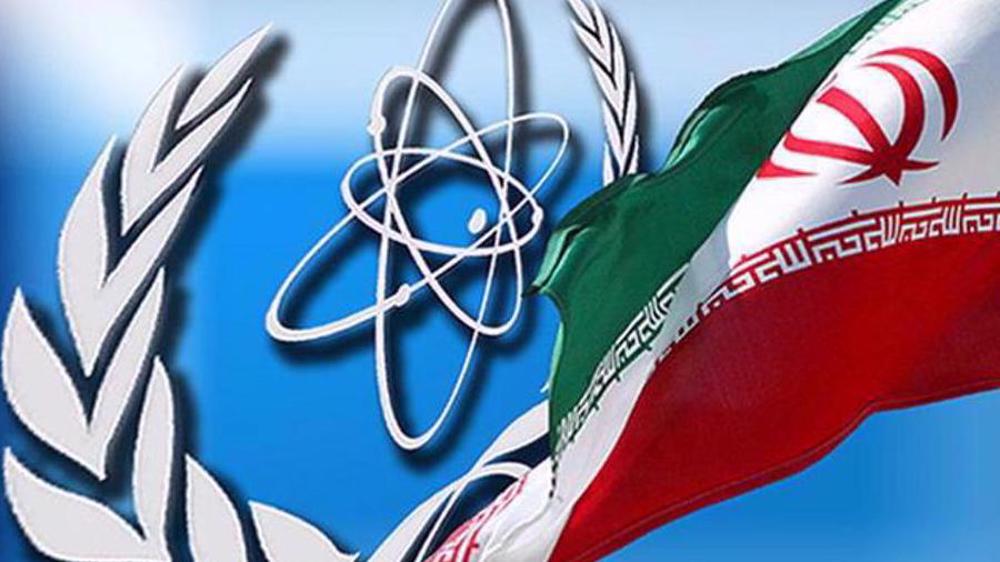
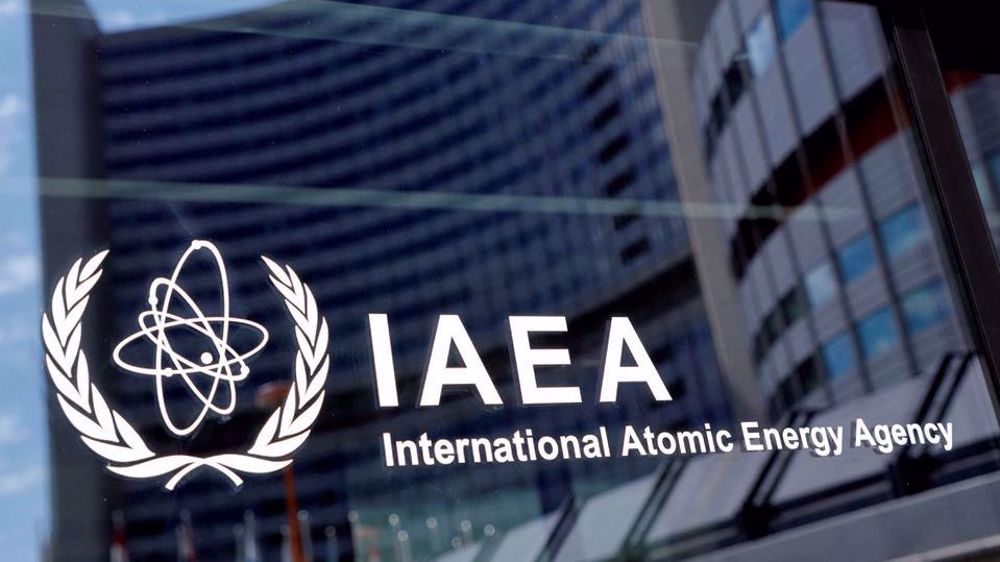

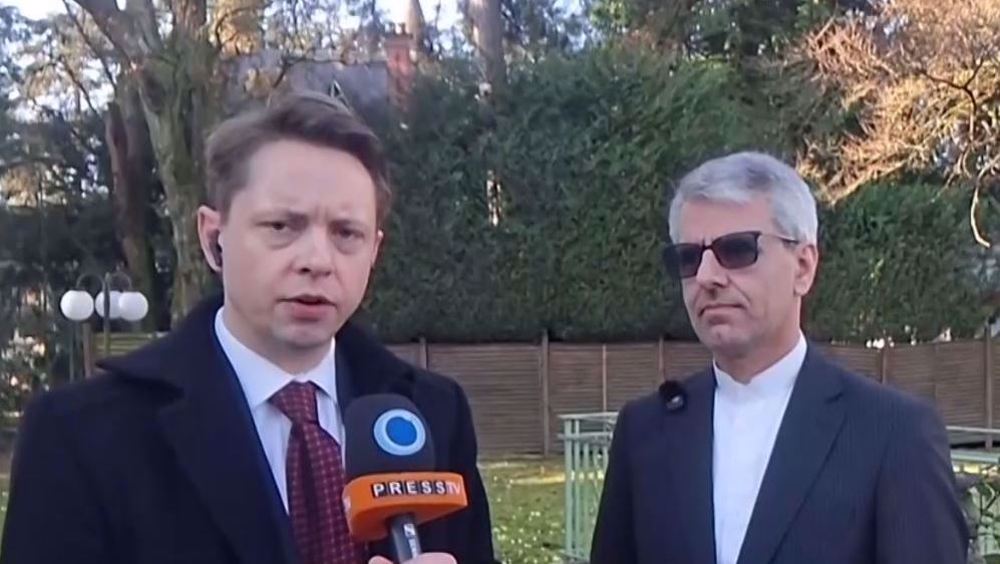
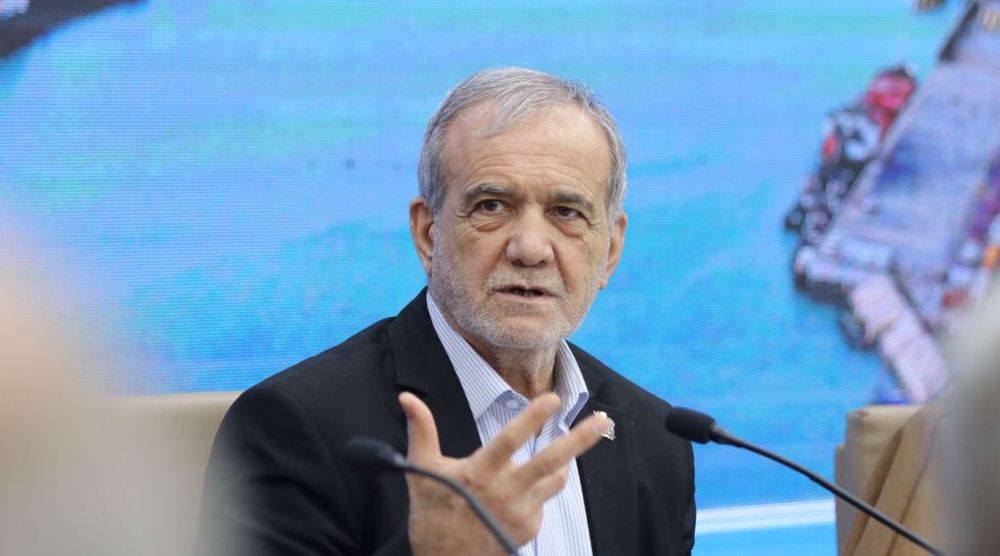
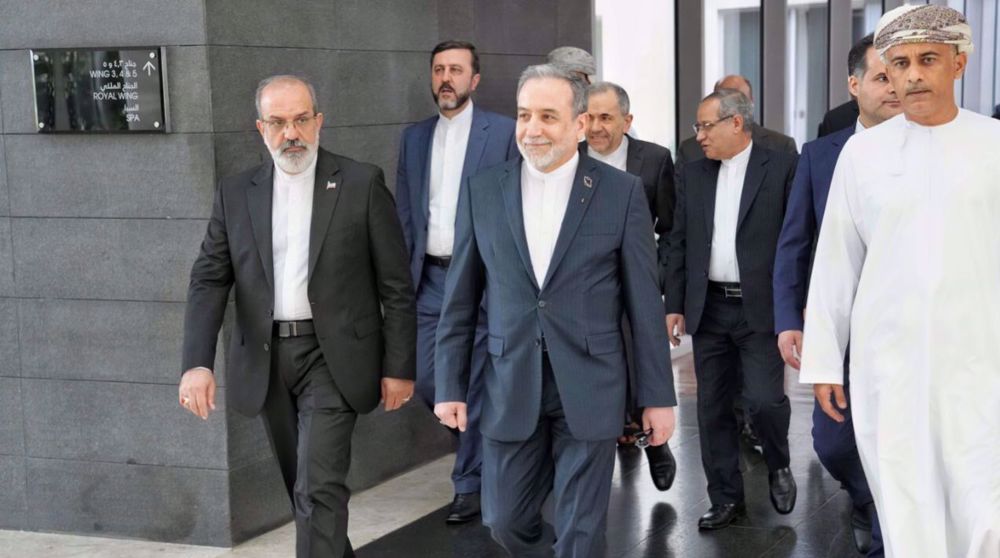




 This makes it easy to access the Press TV website
This makes it easy to access the Press TV website